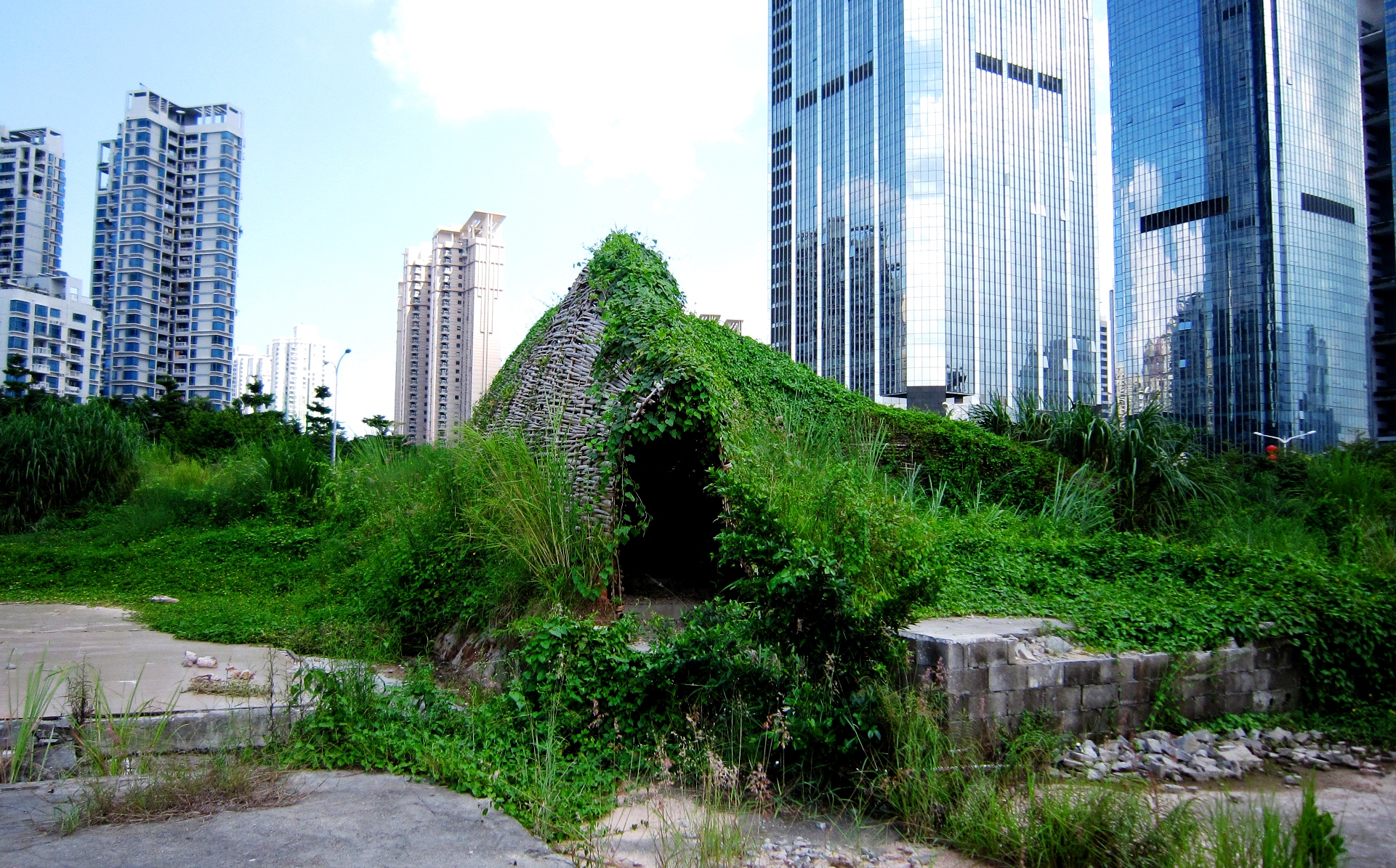Shared by Damian White on our mailing list.
Reconstructing Urban Natures?: Building Engagements between Green Urbanism, the Resilient City, and Urban Political Ecology.
Hannah Teicher, Department of Urban Studies and Planning, MIT & Damian White, History, Philosophy and Social Science, RISD.
At first glance, the on-going debates about possible forms of an ecological urbanism in architecture and design studies, the rise of urban political ecology in geography and related fields, and literatures on “the resilient city” in planning would seem to have created a promising terrain of engagement for thinking about urban ecological futures. The fields of architecture, landscape and design studies are littered with numerous iconic proponents of urban ecological interventions from Ebenezer Howard’s Garden Cities to Ian McHarg’s layered “design with nature”, from James Corner’s infrastructural parks as evolving fields to Mohsen Mostafavi’s optimistic atlas of “bright green” design proposals dubbed “ecological urbanism”. These proposals have served as inspiration to generations of ambitious designers. Urban planning scholars advocating “the just city” (Fainstein, 2011, 2015; Agyeman, 2013) and the resilient city (Vale, 2014; Jabareen, 2013) propose uneven development and distributive justice as lenses to frame planning interventions. Extending this, Wendy Steele (2012, 2015) argues that the climate-just city must account for marginalized human and non-human actors in the urban assemblage. Urban political ecologists from Matthew Gandy, Maria Kaika to Erik Swyngedouw, Alex Loftus and their cohort have exposed urban nature as a false binary, revealing how infrastructure mediates urban metabolism over space and time and explicating the structural power relations embedded in these processes.
Despite a certain commonality of topical focus and an eagerness to diagnose the impasse (Swyngedouw & Kaika, 2014), it is also striking how discussions between these areas remain uneven and sporadic at best. There would seem to be growing awareness of the deficiencies and aporias of each subfield but attempts at more reconstructive forms of critical appropriation and synthesis have been less apparent. These three approaches, one rooted in pragmatic intervention, one in ethical framing, and the other in political critique, largely talk past each other while all seeking remedies for the socio-environmental crises that threaten the urban natures of the Anthropocene. The most radical currents of urban political ecology offer stinging post-political critiques of all these literatures but then gesture towards alternative horizons which offer largely rhetorical resolutions to political questions. Assessing the state of design and planning oriented “sustainable cities” literature, Bruce Braun (2005) rightly notes a “limited understanding of the political projects necessary for change.” However, urban political ecology to date has shown a limited capacity to creatively appropriate the better insights emerging from planning and design literatures to move the debate forward.
In this session, we would like to invite a wide variety of contributions from colleagues who are seeking to think about the design-politics of green urbanism, planning and urban political ecology. We would like to consider:
- Interventions which account for the intellectual/political and strategic impasses reached by green urbanism design/green urban planning/urban political ecology;
- Papers which investigate ongoing pathologies and problems (from green gentrification to green governmentality) that are emerging with the materialization of green urban strategies across the planet;
- Conceptual and political interventions which might point to more robust modes of integrating urban political ecology, green urban design and architecture, and planning for resilience;
- Explorations of the utopian and dystopian geographies of historical and contemporary modes of eco-design and design activism –from counterculture ventures to contemporary forms of community design and architecture;
- Examples and discussions of urban social movements and eco-urban social movements and other design activist movements that might help us productively rethink the design politics of urban ecological futures;
- Ways of developing a more political and strategic design politics of urban sustainability.
Please submit an abstract of no more than 250 words via email to Hannah Teicher and Damian White by 14 October 2016.


